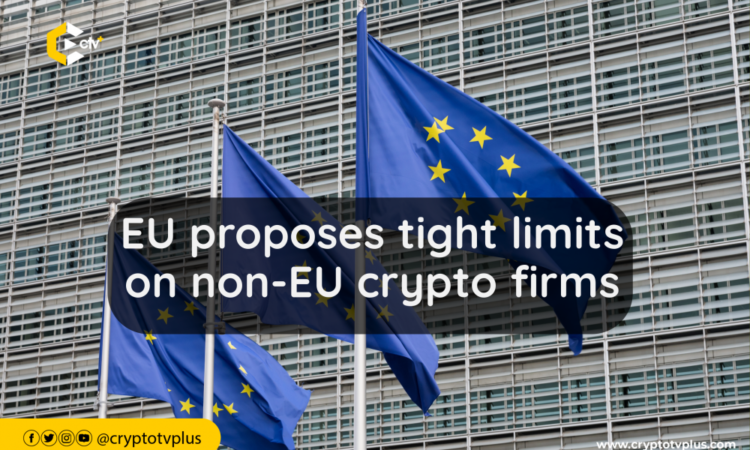
The European Securities and Markets Authority (ESMA) has proposed stringent measures limiting the direct provision of services by crypto companies based outside the EU to EU-based customers. The move aims to prevent unfair competition and aligns with the EU’s groundbreaking MiCA regulations, introduced last year.
The European Securities and Markets Authority (ESMA) is an independent EU authority established in 2011 and headquartered in Paris, France. Its main goals are to enhance investor protection, promote stable financial markets, and ensure financial stability.
ESMA, the European Securities and Markets Authority, has three primary objectives. Firstly, it aims to meet the needs of financial consumers while acknowledging their responsibilities. Secondly, it strives to enhance the integrity, transparency, efficiency, and proper functioning of financial markets, as well as robust market infrastructure. Lastly, ESMA focuses on strengthening the financial system to withstand shocks and promote economic growth.
MiCA, short for Markets in Crypto-Assets Regulation, is a proposed regulation by the European Commission designed to regulate cryptocurrencies and other digital assets within the European Union (EU). The main goals of this regulation are to establish legal clarity, protect consumers, and foster innovation within the crypto industry.
ESMA has specified that these guidelines will apply to all crypto-asset service providers operating in the EU, including issuers, exchanges, and wallet providers. Furthermore, it explicitly prohibits third-country firms from actively pursuing business opportunities within the EU or engaging in marketing activities across the 27-country bloc.
Additionally, it would require these providers to obtain authorization from their national regulator and comply with various rules, such as capital requirements, custody of assets, and disclosure obligations.
MiCA, or the Markets in Crypto Assets regulation, marked the world’s first comprehensive set of rules for crypto markets, addressing challenges in an industry traditionally difficult to regulate across national borders.
According to ESMA, the provision of crypto-asset services by a third-country firm is restricted under MiCA, allowing such services only when initiated exclusively by the client, AKA “reverse solicitation”. It noted that the ‘reverse solicitation’ exemption is narrowly framed and should be considered an exception rather than the rule.
The proposal is open for public feedback until the end of April, and the final version is expected in 2024. Another set of proposed guidelines outlines conditions for classifying a crypto asset as a “financial instrument,” subject to MiFID rules, similar to stocks or bonds.
The regulatory body, working with EU national regulators, seeks to safeguard investors and compliant crypto-service providers from non-EU and non-compliant entities.
Read also; $674 million in stolen crypto recovered in 2023






